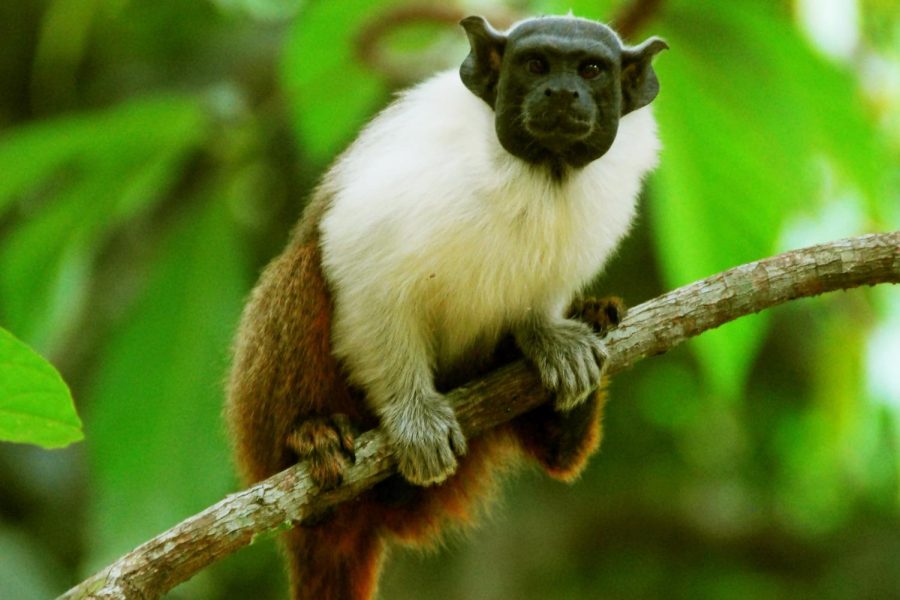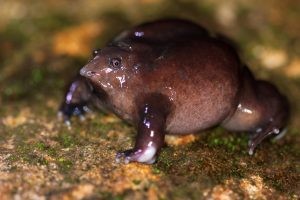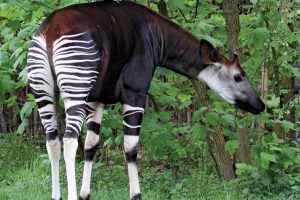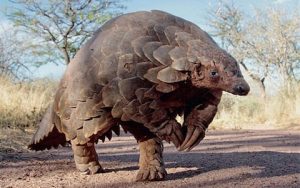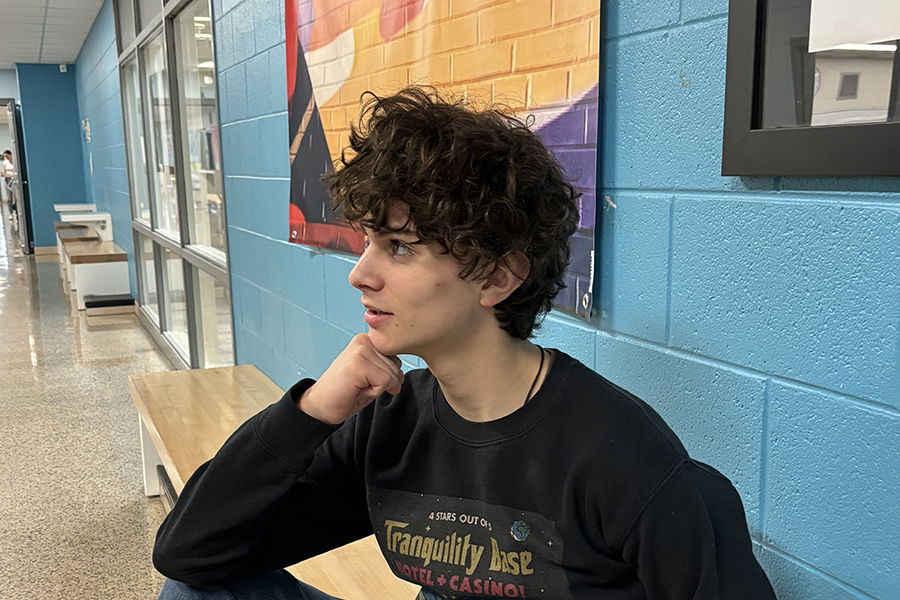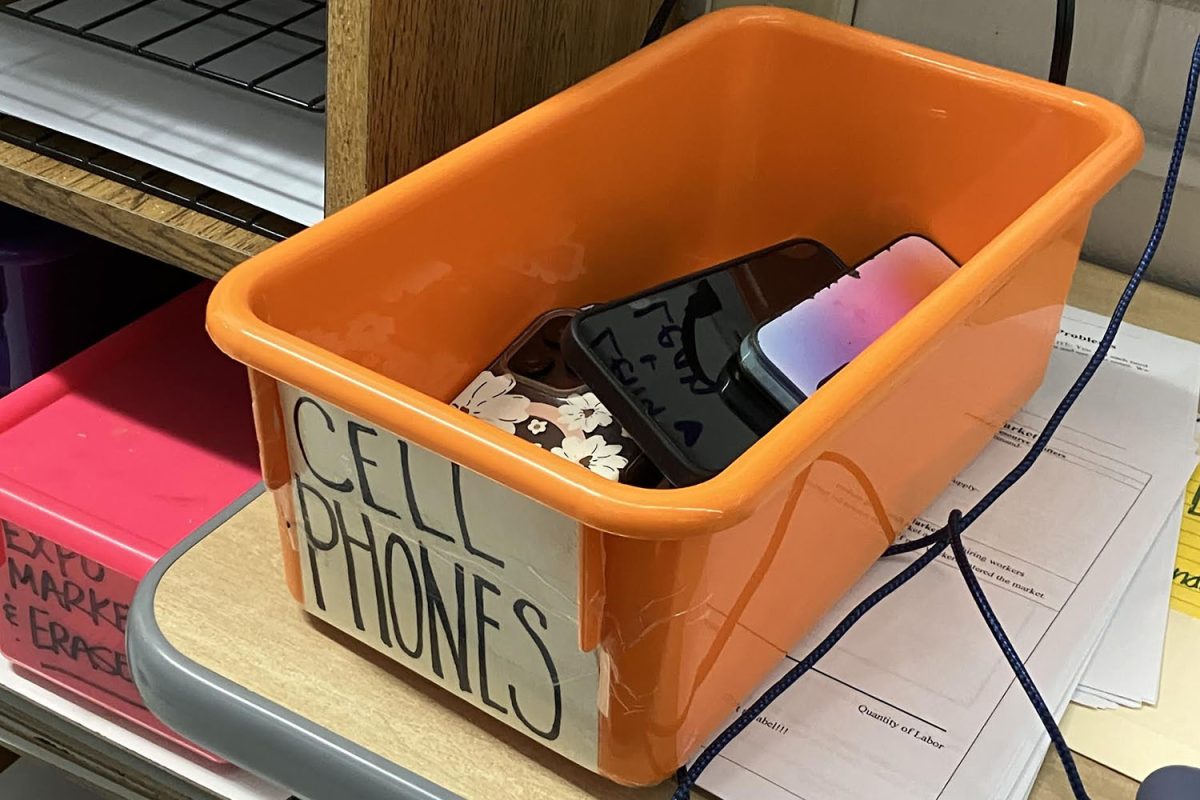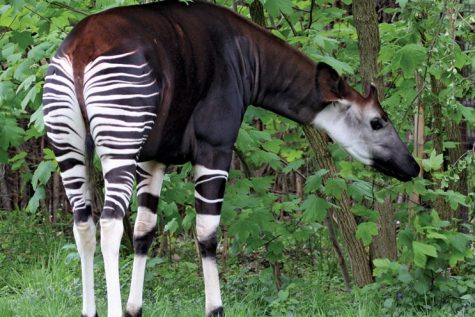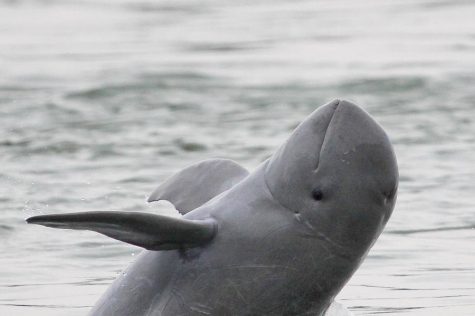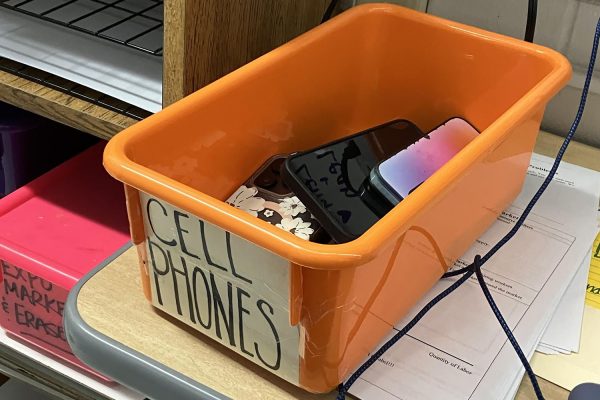Extraordinary Endangered Animals: Pied Tamarin
Credit: Whaldener Endo - Own work, CC BY-SA 4.0, https://commons.wikimedia.org/w/index.php?curid=9852263.
The International Union for the Conservation of Nature Red List of Threatened Species (IUCN) classified this species as critically endangered in 2015, and this classification remains today.
March 22, 2021
The pied tamarin, also known as the Brazilian bare-faced tamarin, is endemic to the lowland tropical forests of Brazil. It has a small hairless face, large ears that resemble something of an elf, and it spends most of its days foraging for food or grooming other monkeys. These monkeys live in highly family-oriented groups of four to fifteen individuals, led by a female. Today, a peril faces these primates. They are being pushed to the brink of extinction.
The International Union for the Conservation of Nature Red List of Threatened Species (IUCN) classified this species as critically endangered in 2015, and this classification remains today. The 2018-2020 Primates in Peril report published by the IUCN as well as the International Primatological Society and Conservation International also lists it as one of the world’s top 25 most endangered primates. Habitat destruction is the largest threat facing this species.
Manaus City is near the Amazon river and is rapidly expanding into the pied tamarin’s habitat through urbanization, agriculture, and cattle grazing. Some tamarins have become restricted to fragments within the city and as they try to travel to other areas, cars or power lines kill them. In addition to this, the golden-handed tamarin is replacing the pied tamarin in areas of contact on the northern and easter periphery of its range. The pied tamarin only lives in this small geographic range of Brazil, so the destruction of their habitat combined with the new competition with the golden-handed tamarin foreshadows a grim future for this primate.
While the extinction of this species that resides over 3,000 miles away may seem unimportant and irrelevant to your life, that is not the case. All species are interconnected. Like every other species, the pied tamarin has a role in its ecosystem. It disperses plant life by dropping seeds from fruit and serves as prey for birds and cats. If it went extinct, the predators that depend upon it for food would have to find new food sources, plant life would not be as easily dispersed, and the ecosystem would need to adapt. When the loss of species forces ecosystems to adapt, they become more vulnerable.
On top of all of this, the continual extinction of species degrades the biodiversity of the earth. Biodiversity provides humans with food, water, natural gas, medicine, carbon storage, pollination, and higher air and water quality among many other things. When species disappear, we can lose these ecosystem services and threaten our health and economies.
However, not all hope is lost. The Committee for the Conservation and Management of Amazonian Primates now protects a range of the pied tamarin’s habitat, including areas like the Centro de Istrucao de Guerra na Selva, which the military owns. Pied tamarins are also in captive breeding programs run by the Rio de Janeiro Primate Center and Durrell Wildlife Conservation Trust. Captive breeding programs breed endangered species in facilities such as zoos in an attempt to create a healthy population of animals. However, the pied tamarins are still far from having a healthy population size.
Even though we may not be able to directly save these primates from extinction, there are many actions we can take to prevent habitat destruction and local extinction. One is to volunteer to protect wildlife locally. Places you can do this include The Wildlife Center of Virginia and Wild Virginia. You should also visit wildlife refuges or parks, such as Shenandoah National Park because they are more likely to stay open when people visit them. Other important actions are avoiding buying palm oil, unsubscribing from junk mail, using the back of the paper when writing on it, reducing your water consumption, planting a garden with local plants to provide a home for native species, and not using fertilizers. Individual contributions contribute to a much wider change, so if we work together, we can slow and prevent further loss of biodiversity.
Sources:



